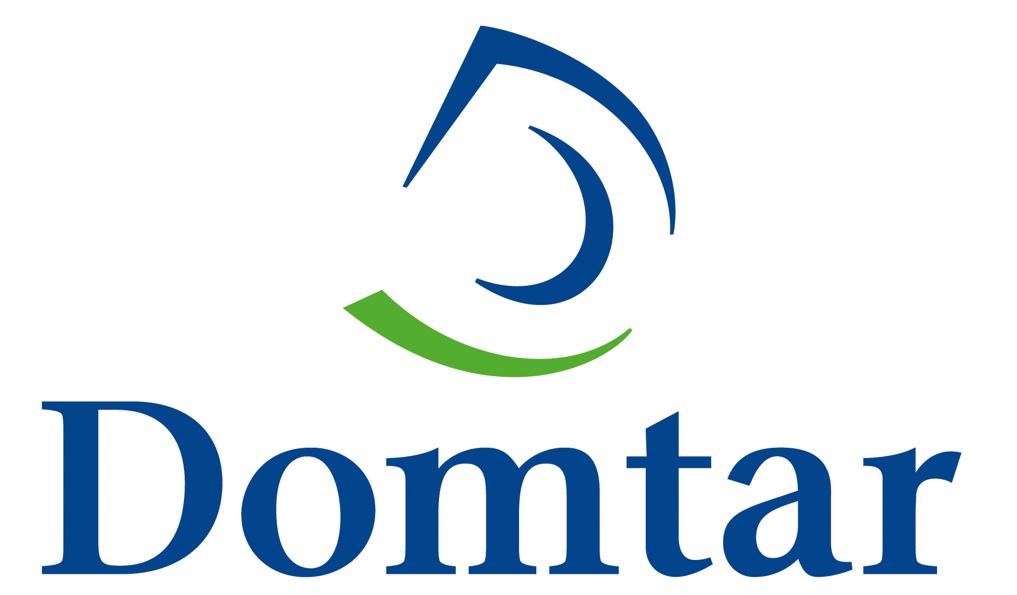Domtar Employee Dianne Loewen Nominated as a Domtar Difference Maker
Dianne Loewen makes a difference at Domtar's Dryden Conservation Camp.

Dianne Loewen of the Dryden Conservation Camp
In the 20 years that Dianne Loewen has lived and worked in Dryden, Ontario, she has seen time and again how the tight-knit community helps others. Loewen uses the words “wonderful,” “warm” and “family-oriented” to describe both her community and the employees of Domtar’s mill in Dryden, Ontario, where she has worked for the past two decades.
As the coordinator of the Dryden Conservation Camp, Loewen is making a difference by helping her community learn why managing forests sustainably promises a healthy future.
What Kind of Work Do You Do at Domtar’s Dryden Mill?
In my role as coordinator for forestlands and public affairs at the Dryden Mill, I support the forestlands activities on the lands that we manage on behalf of the province of Ontario. I also support Domtar’s community relations and outreach programs from a regional perspective.
How would you describe the community in Dryden?
In my experience, you can walk up to just about anybody at the mill and it’s almost guaranteed that they will be involved in a host of volunteer activities, whether it’s coaching a local sports team or participating in the Rotary Club. It’s something that I love about my community, in and out of work.
What is the Dryden Conservation Camp?
The program, which turned 60 this year, is geared toward ninth-grade students from Dryden High School. Around 40 students participate each year, though some years have seen more.
The camp’s goal is to teach the next generation the importance of sustainably managing their natural resources. The camp also exposes students to a variety of professions at a time when they are beginning to think about their own career paths. This lets them discover careers in natural resource management, like biologists, soil experts, firefighters, foresters and trappers.
It’s truly amazing to know that 60 years ago there were people focused on conservation and sustainability long before they were buzzwords in the pulp and paper industry — or any industry. The camp has always been a priority for the Dryden Mill, and I’m proud to be part of such a long legacy.
How does the Dryden Conservation Camp encourage sustainable forestry management?
One of the key components that the Dryden camp focuses on is the in-depth perspective on forest management. The Dryden Mill operates on provincial land, meaning it’s a shared resource. To drive home this point, each camp participant is assigned a different stakeholder role to play during the course of the camp.
Every summer, for two and a half days, teens from Dryden get to learn from the perspective of tourist operators, anglers, hunters, foresters, First Nation members and more. They really get a feel for what it could be like to be in one of these positions, and that is a powerful experience.
The participants then gather for a cumulative activity at the end of the camp to develop a mock forest management plan by balancing the wants and needs of the stakeholder roles they have been assigned. This is truly reflective of forest management planning in the province of Ontario.
What does the Dryden Conservation Camp mean to you?
Before I began coordinating the camp 14 years ago, I had never even heard about the program. Now, I can’t imagine the Dryden Mill — or my life — without it. It’s the most meaningful part of my job. It is so rewarding to see the students’ eyes become opened to the realities of sustainable forest management and to see them overcome the many misconceptions to which they have been exposed.
I’ve also seen employees at the Dryden Mill take their community service one step further by participating in the Dryden Conservation Camp. For the past 60 years, they have come together with students, teachers and volunteers from a wide variety of backgrounds to teach students about sustainable forestry and forest management.
How Do You Hope to Make a Difference?
This mill in Dryden has been around for more than 100 years. If it weren’t managed sustainably, we wouldn’t be having this conversation right now, and it wouldn’t be here today. I want to make a difference by teaching students that forestry is about caring for forests, not cutting them down. The most important thing is showing students that they live in the heart of a renewable resource — the forests of Ontario — and as long as it’s managed sustainably, it will be here forever.
Learn more about how the Dryden Conservation Camp teaches youths about the responsible management of natural resources.
Domtar Corporation (NYSE: UFS) (TSX: UFS) designs, manufactures, markets and distributes a wide variety of fiber-based products, including communication papers, specialty and packaging papers, and absorbent hygiene products. The foundation of our business is a network of world-class wood fiber-converting assets that produce papergrade, fluff and specialty pulp. The majority of our pulp production is consumed internally to manufacture paper and consumer products. Domtar is the largest integrated marketer and manufacturer of uncoated freesheet paper in North America with recognized brands such as Cougar®, Lynx® Opaque Ultra, Husky® Opaque Offset, First Choice®, EarthChoice® and Xerox® Paper and Specialty Media. Domtar is also a marketer and producer of a broad line of absorbent hygiene products marketed primarily under the Attends®, IncoPack® and Indasec® brand names. In 2014, Domtar had sales of $5.6 billion from some 50 countries. The Company employs approximately 9,800 people. To receive bite-size updates on Domtar’s sustainability efforts, along with practical eco-tips you can actually use, subscribe to the EarthChoice Monthly Minute newsletter.

